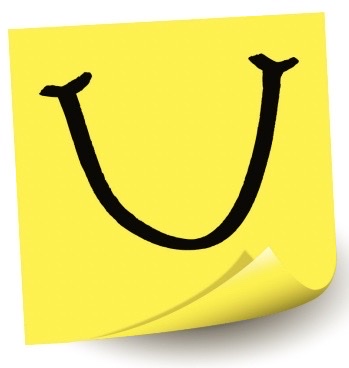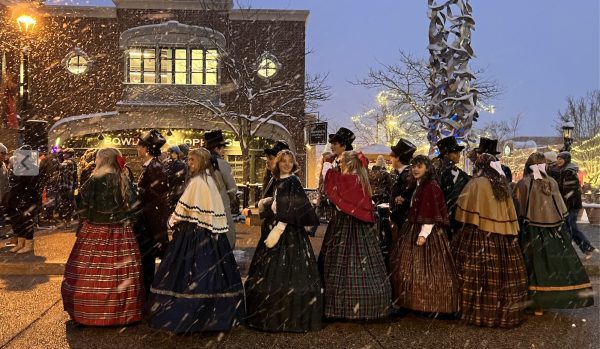New Game ‘Wordle’ Enthralls Millions of Americans
It’s time to bid ADIEU to the Wordle that the world–and the school–fell in love with.
Josh Wardle, the creator of the ad-free, no-nonsense daily word game, announced on Jan. 31 that the company was bought “in the low seven figures” by The New York Times. While the company said there are no planned changes to the gameplay, many are wary of a future paywall or added commodification to the game.
“The guy who just invented the game for his wife so she wouldn’t be bored just made [seven] figures on it,” said Brendan Tyer ‘24, an avid player since starting roughly two weeks ago. “It’s interesting to see that if you invent an idea it can really take off.”
English teacher Sara Edleman, who considers Worlde a daily “word vitamin,” said the news was disappointing.
“It made me sad,” she said. “Yet another little bright spot in our world was being gobbled up by a corporation, but [Josh Wardle] promised his Wordlers that he would not put it behind a paywall, so it will still be free, so I guess that’s comfort.”
Wardle, a software engineer, created the game last year for his word-game enthralled partner. The concept is simple: you have six tries to guess a five-letter word. Each try hints at the correct word by changing individual letters in the existing guess to gray, yellow, or green; gray means the letter isn’t in the word, yellow means it’s a correct letter in the wrong spot, and green means you’ve guessed correctly.
“It’s the first thing I do when I wake up,” Sahara Knapp ‘22 said. “I got my mom addicted to it so I try to beat her at it in as few turns [as possible].”
The game was created last year, but exploded in popularity during the holidays–amassing nearly 300,000 more players in December than in the month previous. In its blaze of success, other Wordle-adjacent games emerged. Nerdle–created for stem-oriented brains, Lewdle–a “game about rude words,” and Absurdle–a game that nudges players in the wrong direction after each guess, all surfaced hoping to garner similar success.
Wordle’s brilliance lies in its simplicity. Its refreshing lack of pop-up ads and premium features keeps users coming back every day, and its easy-to-use interface crosses generational barriers. From Twitter to Facebook, little black, yellow, and green squares proclaiming “Wordle 2/6 or 3/6” fill the social media sites.
“It challenges the mind every day,” Tyrer said. “I like trying to guess the new word and just the challenge it presents.”
At East, whether it’s early mornings in Sara Edleman’s first hour, or post-lunch in Betsy Kratt’s cadet teaching class, Wordle brings us closer together.
This article appeared in the February edition of The East Vision.





